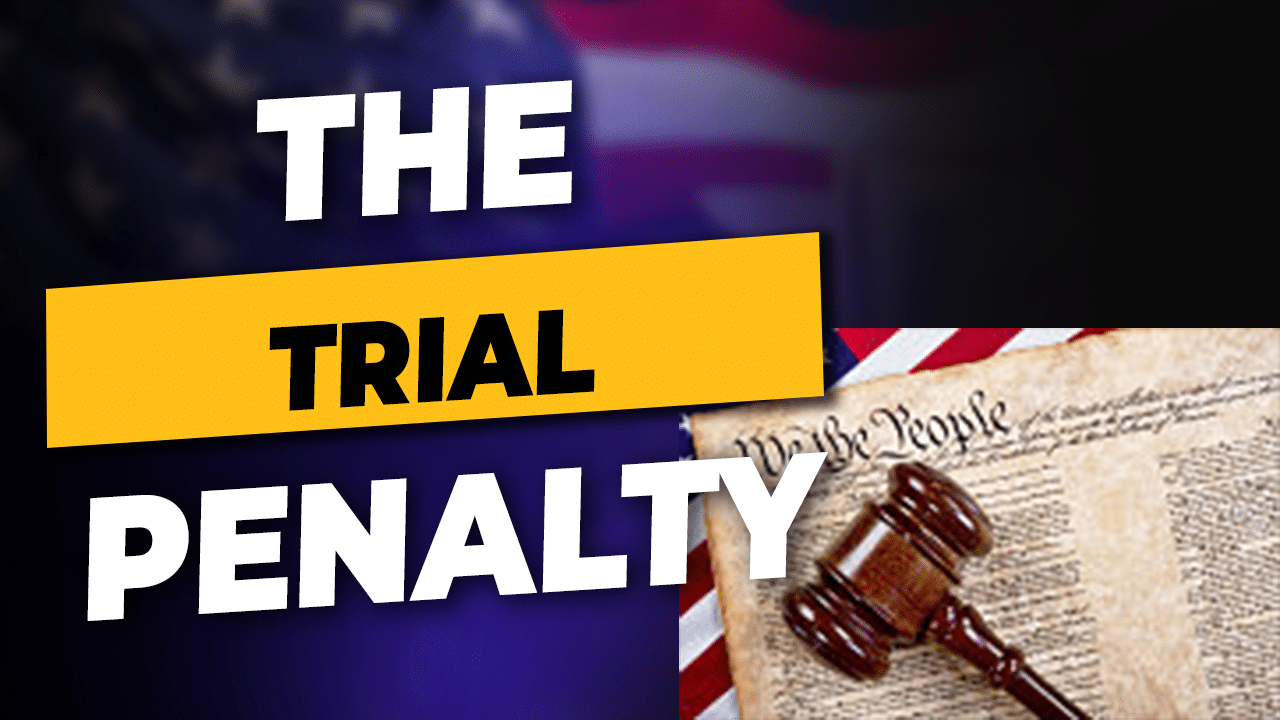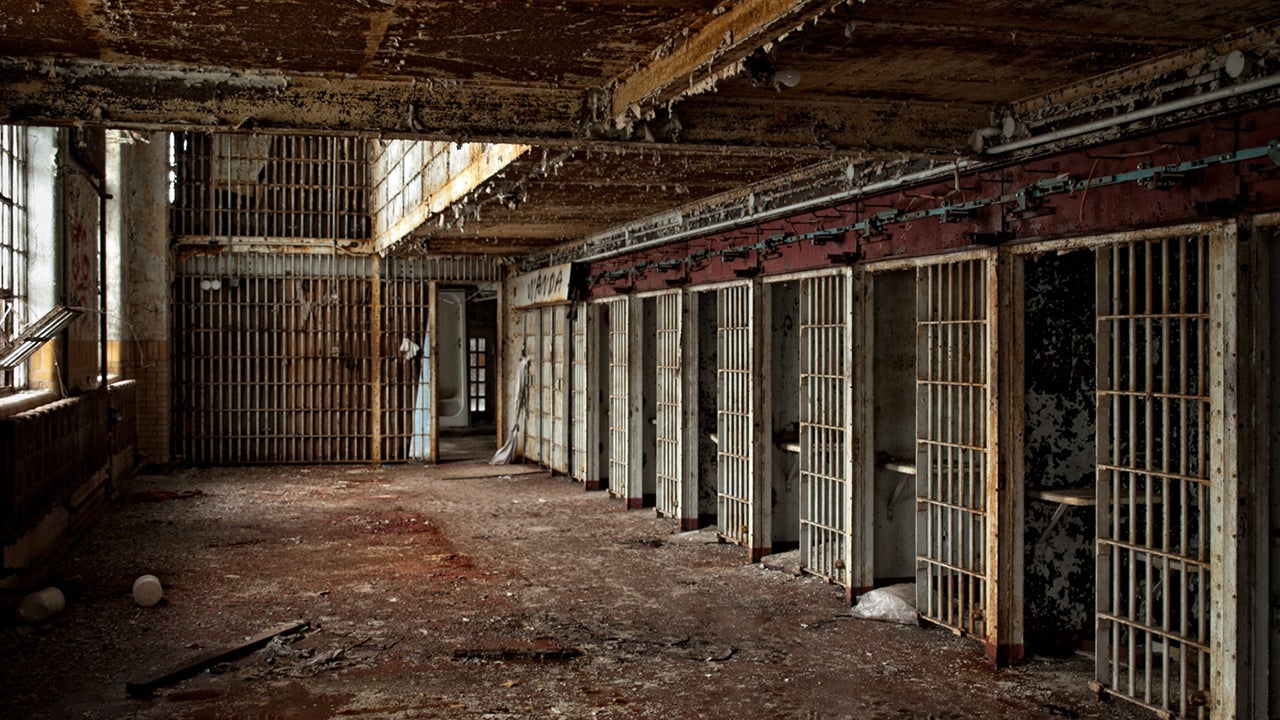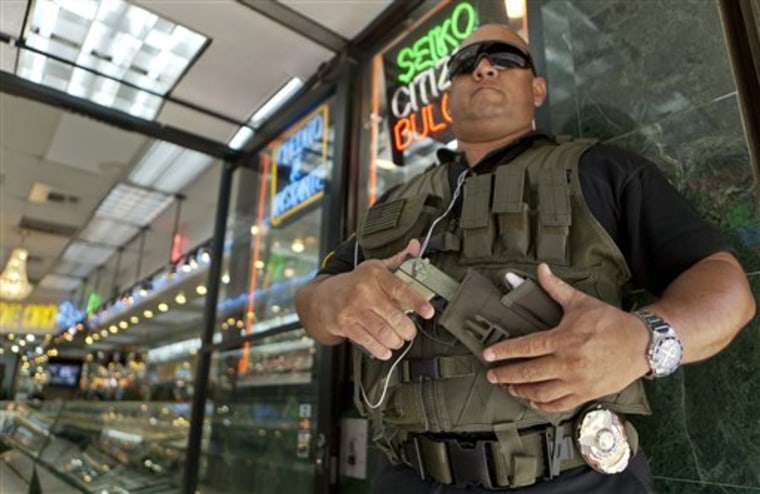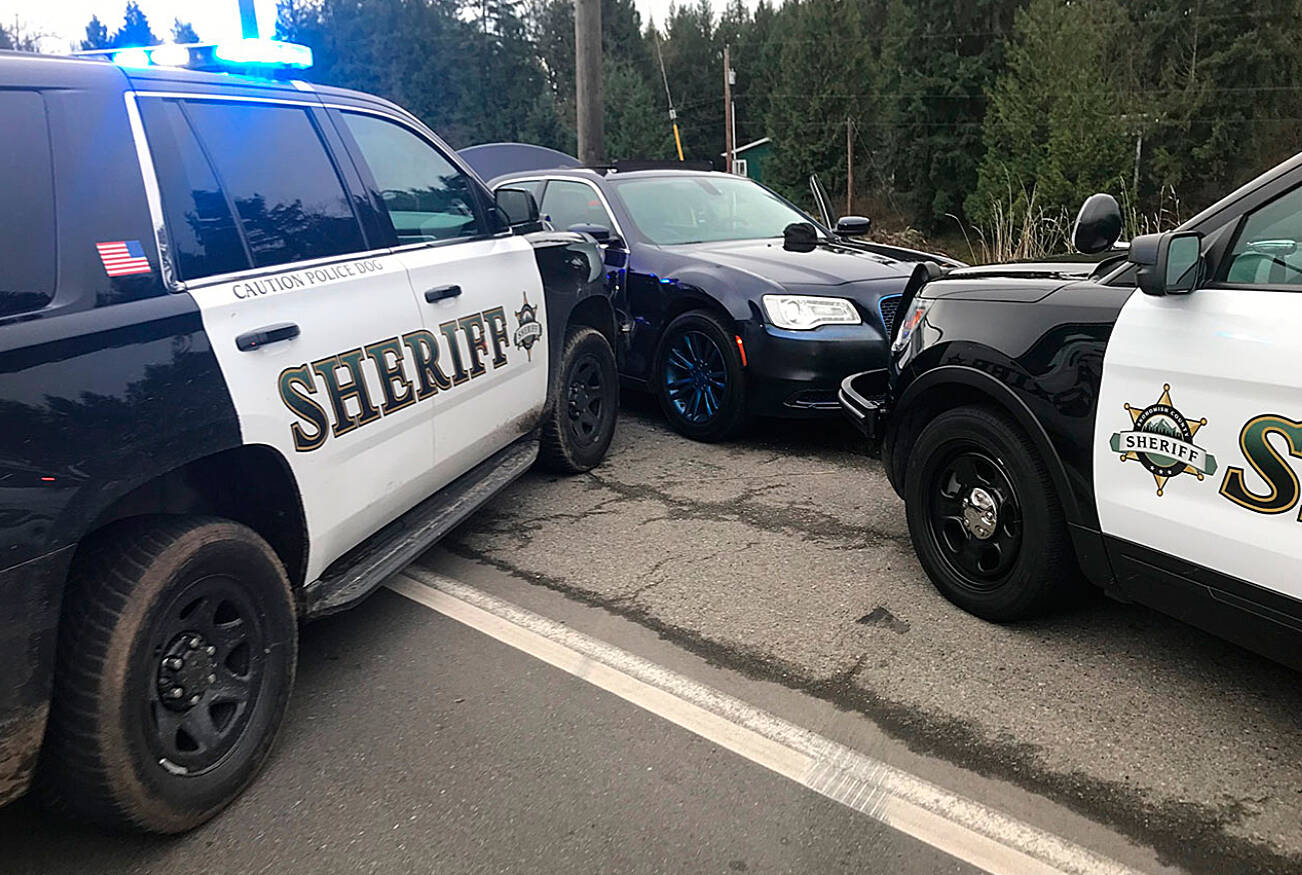
The National Association of Criminal Defense Lawyers (NACDL) reports that numerous organizations have united to end the trial penalty. This coalition, called End the Trial Penalty, consists of twenty-four criminal justice organizations, impacted people, think tanks, academics, activists, and reform leaders from across the ideological spectrum have united to end the trial penalty.
What is a “Trial Penalty?”
A “trial penalty” refers to the substantial difference between the sentence offered in a plea offer prior to trial versus the sentence a defendant receives after trial. This penalty is now so severe and pervasive that it has virtually eliminated the constitutional right to a trial. To avoid the penalty, accused persons must surrender many other fundamental rights which are essential to a fair justice system.
The coercive and punitive effects of the trial penalty are so pervasive that they have virtually eliminated our constitutional right to trial. In fact, over 97% of cases ending in a conviction never go to trial, leading to a range of issues reverberating through our legal system, including the waiver of numerous constitutional freedoms and rights, overcriminalization, loss of public oversight, and racial injustice.
Fortunately, the End the Trial Penalty Coalition aims to restore the right to trial, helping right these wrongs to ensure a fair, rational, and humane criminal legal system.
Members of this new Coalition will work together to raise awareness of the adverse effects of a justice system without trials, advocate policy reform, and forge relationships with key policymakers. The Coalition will also serve as a resource for people interested in participating in an impactful criminal legal reform movement.
The Coalition has published a comprehensive Policy Overview which includes policy ideas to combat coercive practices in the plea bargaining process, to improve data collection and transparency, and to foster post-trial reform and accountability measures.
The Coalition plans to further partner with impacted people and their families, community leaders, criminal legal system stakeholders, and local organizers to ensure everyone has a seat at the table in the efforts to restore justice to our legal system.
About End the Trial Penalty
End the Trial Penalty is an ideologically diverse coalition of criminal justice organizations and leaders committed to ending the trial penalty to ensure a fair, rational, and humane criminal legal system. The coalition aims to eliminate the coercive elements of plea bargaining to restore our fundamental constitutional rights, including the right to a jury trial.
My opinion?
The Sixth Amendment enshrines the right to trial for anyone accused of a crime. Yet, in America today, less than 3% of criminal cases ever make it to trial. Many factors drive that statistic, including the trial penalty. Defendants are confronted with an impossible choice: either fighting for their innocence but often risking decades in prison or admitting to something they didn’t do but salvaging their family and future. It’s no wonder that innocent people can and do plead guilty.
I’m pleased that organizations like End the Trial Penalty exists to uphold our constitutional right to trial. Please contact my office if you, a friend or family member are charged with a crime. Hiring an effective and competent defense attorney is the first and best step toward justice.


:max_bytes(150000):strip_icc()/becoming-a-police-officer-974896-v4-5b7329ff46e0fb005012bf3f.png)











